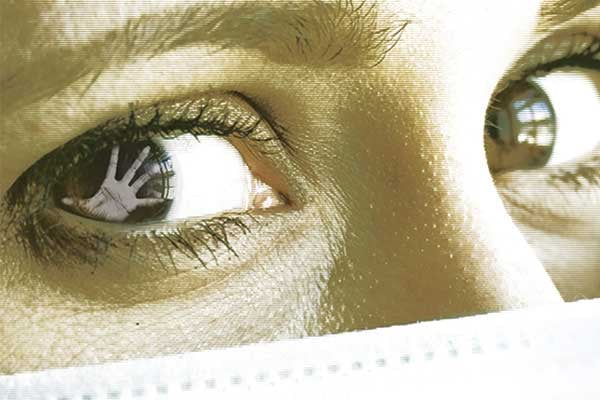6 in 10 nurses experience abuse, harassment, assault at work

A House of Commons standing committee has tabled a report that makes nine recommendations for improving workplace violence in the health care sector, calling it a “pervasive problem” across Canada. According to the Canadian Federation of Nurses Union (CFNU), 61 per cent of nurses report experiencing abuse, harassment and assault on the job. Additionally, the number of violence-related lost-time injuries among front-line health care workers increased 66 per cent between 2006 and 2015 — three times the rate of increase among police and correctional service officers combined.
“[Health-care workers] deal every day with trauma and the public, and the number and intensity of attacks are growing at an alarming rate. This report sends a strong message that those who provide such critical services must be treated with respect and security,” said Don Davies, NDP MP for Vancouver Kingsway (B.C.).
Among the recommendations is an amendment to the Criminal Code to require a court to consider an assault on a health care sector worker to be an aggravating circumstance for the purposes of sentencing. The committee also recommended the following: collecting national standardized statistics on violence in health care; launching a public awareness campaign; addressing staffing shortages; and upgrading long-term care facilities.
It also recommends implementing best practices to prevent workplace violence, including de-escalation training, violence risk assessments, patient flagging, personal safety response systems, security personnel and protocols to respond to violence.
The report considered the various areas within the health-care sector and it found workers in psychiatric settings and long-term care facilities were at greater risk of violence due the high needs of their patients. It also identified home care and community care workers as being particularly at risk due to working alone.
However, emergency departments were at the top of the list with one-half of all attacks on health-care workers occurring there.
“During my time in the emergency department, I was assaulted on several occasions and many of my colleagues regularly faced much worse,” said Doug Eyolfson Liberal MP for Charleswood—St. James—Assiniboia—Headingley (Manitoba). “Sadly, this was often considered part of the job. It’s time for this to change.”





